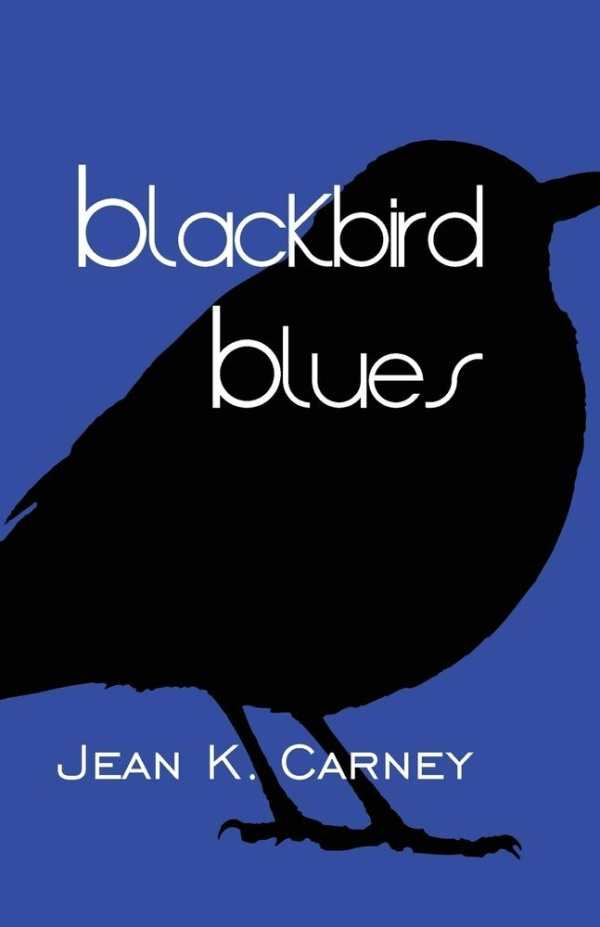Blackbird Blues
The social and religious politics of the 1960s come to life in Jean K. Carney’s perceptive novel.
Jean K. Carney’s novel Blackbird Blues brings 1960s America into sharp focus, exploring a number of period issues through the stories of a young woman and her mentor.
It’s 1963 and Mary Kaye is scheduled to enter a convent, but she made the decision before she realized that she was pregnant. Her mentor, Sister Michaeline, is an empathetic nun; Mary Kaye plans to confide in her. When Sister Michaeline dies in a suspicious car crash, Mary Kaye has no one to turn to. Then Lucius, a longtime friend of the nun’s, gives Mary Kaye Sister Michaeline’s 1940s diary.
The story begins in a compelling way: in a church basement, as Mary Kaye tries to explain her situation to Tony, the panicked father of her baby. The mood and mores of the era come alive thanks to the scene’s backdrop of popular songs and Tony’s initial reaction. Stirrings of the women’s movement are apparent as intelligent Mary Kaye balks at the idea of marriage and chafes at the few career paths open to women. Her dilemma as an unwed Catholic teen is relayed through sharp details.
Compelling hints that Sister Michaeline’s crash was no accident lead to narrative urgency, but this recedes as Mary Kaye begins to read the nun’s diary. Written as an examination of the soul before she took final vows, the diary’s entries recount the experiences that shaped her decision. Sister Michaeline’s voice is unsentimental and unflinching, and she comes across as complex and flawed. Strong details regarding the personal sacrifices demanded by the convent also play in.
The entries move the story forward. In the present day, Lucius—a professional jazz musician—encourages Mary Kaye to develop her musical talents, stepping into the mentoring role left vacant by Sister Michaeline’s death. Both story lines are engrossing, moving at a brisk pace thanks to clear, succinct writing.
Conversations and internal dialogue are realistic as well: when Mary Kaye wonders where her usual caution went the night she got pregnant, she concludes that she’d “tossed it out the backseat window of a beat-up Chevy with a guy whose idea of class was a chartreuse paint job.” However, the mystery of the car crash is unresolved.
Mary Kaye’s parents are only vaguely defined. Tony’s father is cast as a small-time crime boss and sometimes speaks like a parody, while Lucius’s estranged son is seldom present prior to a long conversation he has with his father that shoots for catharsis, but without enough buildup to succeed.
Blackbird Blues is a compelling novel that is perceptive in conveying the politics of America in the 1960s.
Reviewed by
Susan Waggoner
Disclosure: This article is not an endorsement, but a review. The publisher of this book provided free copies of the book and paid a small fee to have their book reviewed by a professional reviewer. Foreword Reviews and Clarion Reviews make no guarantee that the publisher will receive a positive review. Foreword Magazine, Inc. is disclosing this in accordance with the Federal Trade Commission’s 16 CFR, Part 255.

